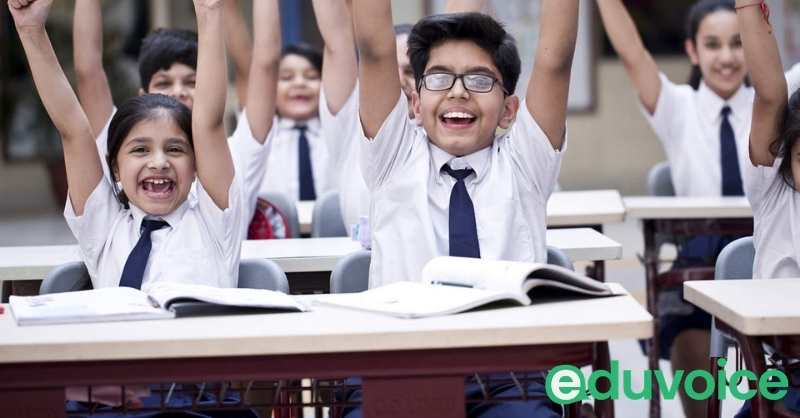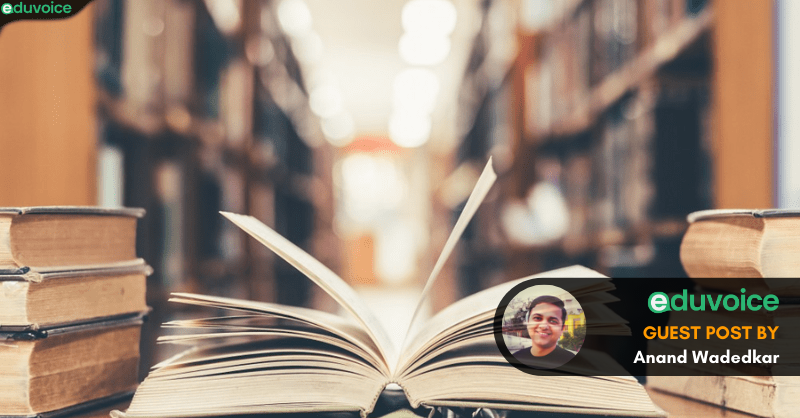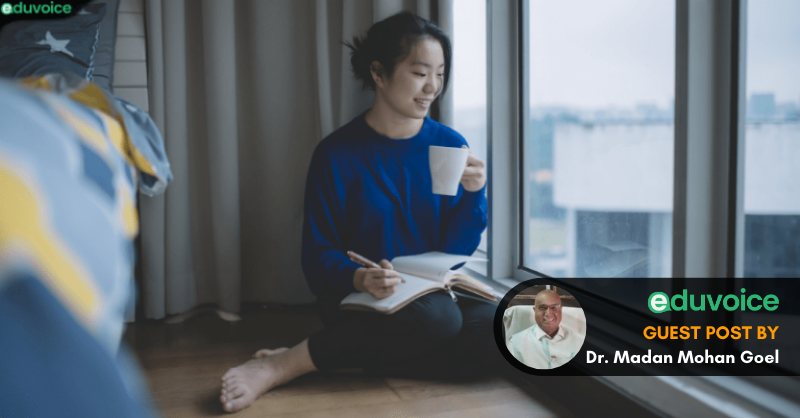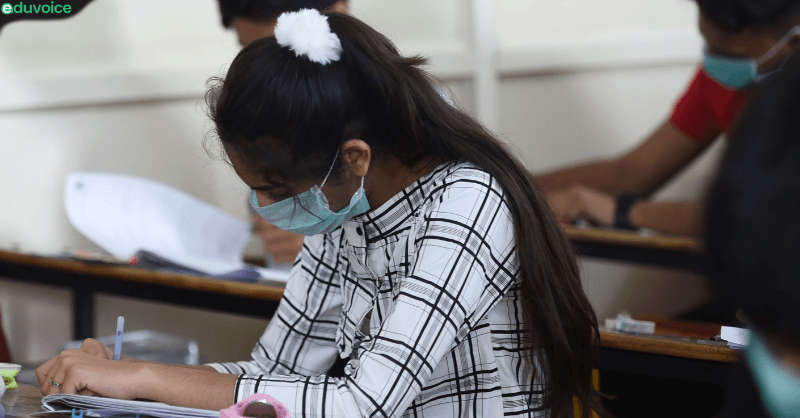As COVID-19 cases continue to rise in India, it is important for both school authorities as well as students to take extra precautions both inside and outside the classroom in order to prevent the spread of the virus. This article aims to discuss dos and don’ts for students and teachers in the school or classroom.There […]
Tag Archives: Covid-19
The schools and colleges were closed due to Covid-19 lockdown in March 2020. For the whole academic year of 2020-2021, the schools have remained closed, resulting in loss of classroom teaching. The schools were asked to start online teaching without giving them adequate time for preparation and training. This has resulted in a huge gap between the haves and have-nots.
The Covid19 pandemic has compelled the government, schools & colleges to push the start of the new academic year to September 2020 instead of June 2020; further parents & their unions are not ready to send their wards till Covid19 pandemic completely stops. Can this be considered as a chance to change the archaic academic […]
Being needonomist, I am ready to change my looks, actions, and words (LAW) which is the real law of the universe for happiness in present times of covid crisis with material miseries. It is believed by most of the people that a person possessing resources of all kinds including financial and physical is happy. The […]
Academic institutions of the country are closed since the last week of March 2020. The likelihood of COVID-19 infection spread in the students, teachers & staff has kept them closed even when the unlocking has begun. The teaching-learning processes in educational institutions depend largely upon human interactions. The public speaking by teachers in the class, […]





